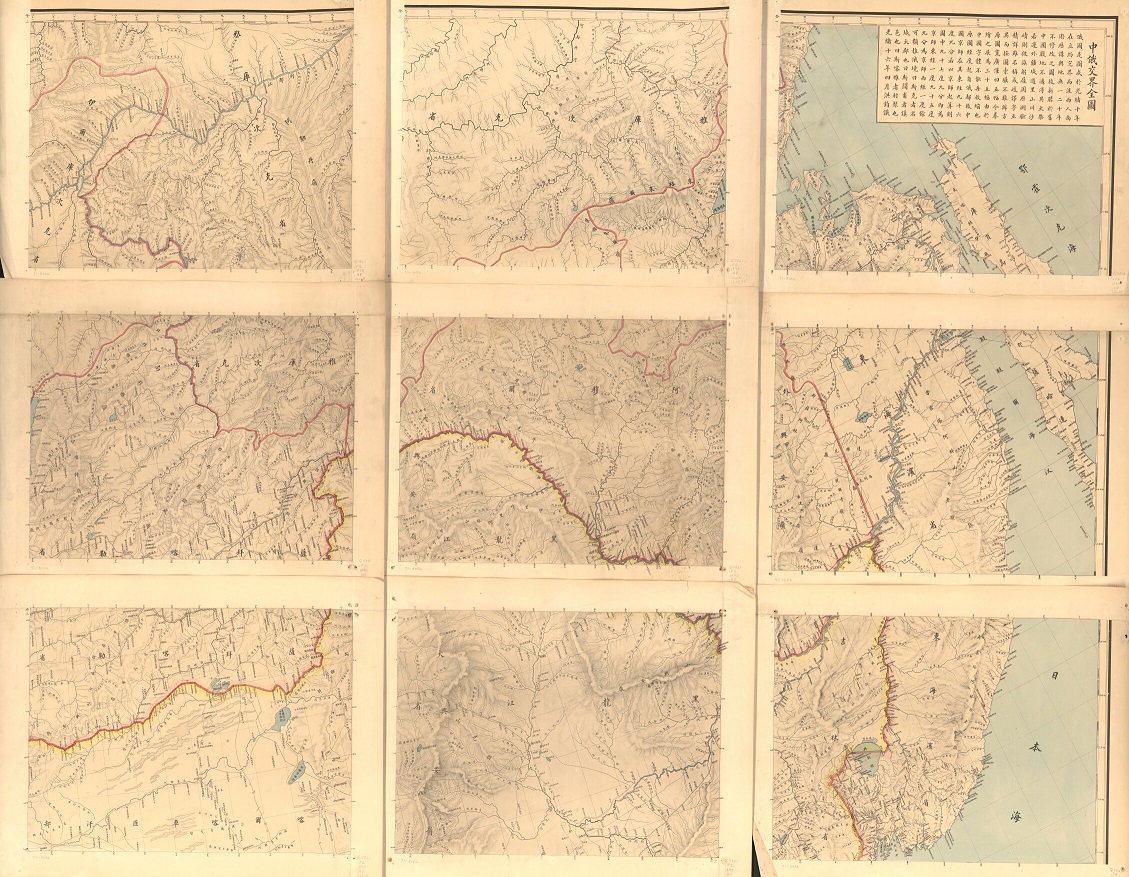
The Zarya Center for Contemporary Art is proud to announce an international exhibition dedicated to the transcultural position of Vladivostok within Northeast Asia, featuring the participation of artists Elena Anosova (Russia), Jeonhwan Cho (South Korea), Jungnak Choi (South Korea), Minja Gu (South Korea), Hero4Hero (Russia), Anton Karmanov (Russia), Elena Kovylina (Russia), Royce Ng (Hong Kong), Sergey Novikov (Russia), Soyoung Park (South Korea), SASHAPASHA (Finland) and Tuo Wang (China), Leif Holmstrand (Sweden).
The latest exhibition at Zarya Center for Contemporary Art invites visitors on a journey through Vladivostok and the Eurasian landmass in search of new ways of exploring spaces where historical, political, economical and spiritual dimensions intersect. This endeavor focuses on Northeast Asia, a region dotted with political borders, where Russia meets China, Mongolia, South Korea, North Korea, and Japan.
“We find ourselves in one of the most interesting regions of Russia, one that warrants closer attention. This is why we put such an emphasis on exploring the local context. The exhibition ‘One Northeast’ looks at the location of Vladivostok and Primorye outside the typical framework of the Russian context, instead placing it within a larger region of a globalized world that is rapidly changing and whose shifts are interesting to everyone,” explains Zarya CCA’s chief curator, Alisa Bagdonaite. “When we invited international curators You Mi and Binna Choi, we gave them the opportunity to draw our locality with broad strokes on the map of the gigantic, complex Northeast region.”
“We turned to the belief of the Korean peoples of the Northeast that the unity of earth and sky takes place through mankind. ‘One Northeast’ is a call to communication and collaboration not through the language of geopolitics, but through the language of ‘geopoetics’; the range between the two languages is the subject of our study,” exhibition curator You Mi explains. “We are interested by what usually slips past the established view of the region, focusing on bringing together transgressive ideas, overlapping trends and ideas that transcend borders, as well as on forces of non-human origin, such as Cosmism and Shamanism.”
An important element of the exhibition is the accompanying performative symposium, “Towards a New Politics of the Geographical Imagination,” which will run from October 7 through 9, spanning the time between the opening of the exhibition “One Northeast” (October 7 – December 16, 2018) and “Metageography” (October 10, 2018 – January 13, 2019) and incorporating participants and specialists from both projects, as well as specially invited guests. Together, the three events – the two openings and the symposium – make up their own international mini-biennale, dedicated to the practice and politics of geographical imagination.
The exhibition is part of the long-term transcultural project “Unmapping Eurasia,” initiated by the Casco Art Institute (Utrecht) and founded on a dialogue of partners from different countries.
Zarya Center for Contemporary Art opened in Vladivostok in 2013 in the creative cluster on the grounds of the former Zarya textile factory, as part of an initiative by entrepreneur and patron, Alexander Mechetin, the founder of Russia’s largest alcoholic beverage company, BELUGA GROUP. Zarya CCA is designed to bring to the Primorsky Krai the highest achievements of contemporary culture in Russia and beyond, while fostering artists and the local art scene. Since the second half of 2014, ZARYA CCA has operated the only artist-in-residence program in the Far East, offering artists from different cities or countries the opportunity to realize projects in Vladivostok, with a focus on regional culture and the geographical context. In 2018, the program’s open call received a total of 310 applications, submitted by artists and collectives from 39 countries around the globe. Of this number, the jury selected 21 proposals for realization at ZARYA CCA.
* “Unmapping Eurasia” is a transcultural artistic research project initiated by the Casco Art Institute (Utrecht). This project aims towards a common heritage and to that extent expands to include new partners, such as the Dutch Art Institute, together with the Athens-based nonprofit gallery State of Concept and the Nam June Paik Memorial Museum in Seoul. “Unmapping Eurasia” attempts to overcome the existing “cartographic” practice of making distinctions not only according to political principles, such as between nations and territories, but also along cultural divides – for example, between East and West.